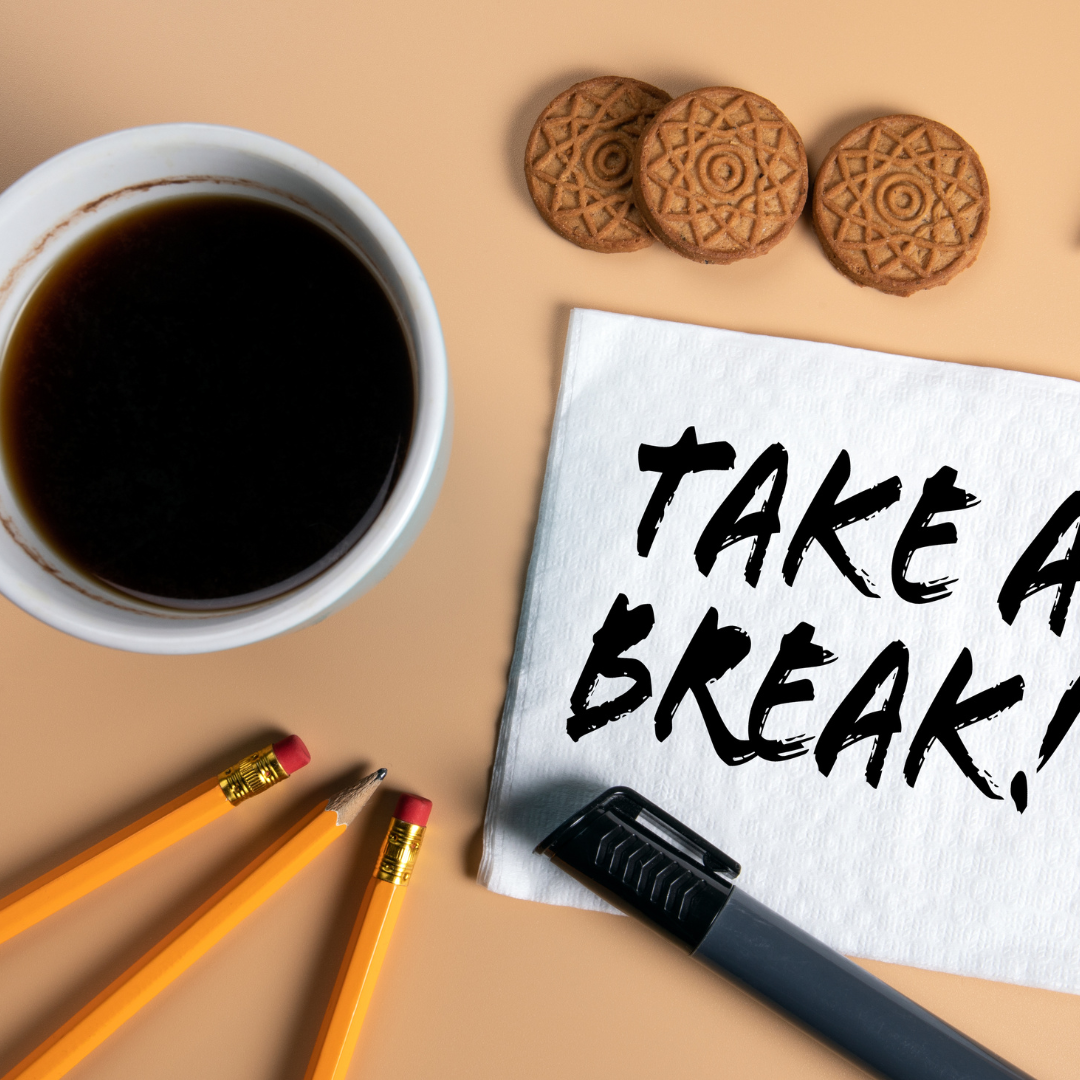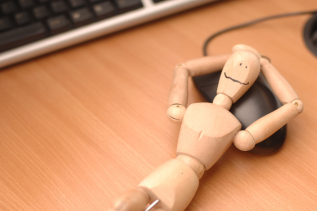In our fast-paced world, the idea of taking a break often feels like a luxury we can’t afford. Many of us push ourselves to the limit, believing that constant work will lead to higher productivity. However, science tells a different story. Breaks are not just a matter of convenience; they are essential for our physical and mental well-being and can significantly boost our productivity. In this blog, we’ll delve into the science behind taking breaks and how they can positively impact our lives.
The Brain Needs Rest
Our brains are incredible organs that work tirelessly, but they also require rest to function optimally. Research has shown that the brain has two primary modes of thinking: focused and diffuse. Focused thinking involves intense concentration on a single task, while diffuse thinking is more relaxed and allows the brain to make connections between ideas and solve complex problems.
Taking breaks helps shift the brain from focused to diffuse thinking. When you step away from a task, your brain continues to process information in the background. This allows for creative insights and problem-solving, as your mind can explore new perspectives and connections. In essence, breaks facilitate the brain’s natural rhythm, enhancing your ability to think critically and creatively.
Preventing Burnout
Continuously working without breaks can lead to burnout, a state of physical and emotional exhaustion. The stress hormone cortisol, which increases during extended periods of work, can have detrimental effects on your health. Chronic stress can weaken the immune system, disrupt sleep patterns, and contribute to anxiety and depression.
Regular breaks help mitigate these negative effects by reducing cortisol levels. Short breaks throughout the day can reset your stress response, helping you maintain better overall health and emotional well-being.
Boosting Productivity
It may seem counterintuitive, but taking breaks can actually make you more productive. The Pomodoro Technique, a popular time management method, advocates for 25 minutes of focused work followed by a 5-minute break. This structured approach not only prevents burnout but also enhances concentration and productivity. Furthermore, longer breaks are more appropriate when dealing with extended tasks.
Additionally, the environment during your break matters. Spending time in nature, even if it’s just a short walk in the park, has been linked to improved mood and cognitive restoration. So, consider taking your breaks outside if possible.
How to Start Taking Breaks
In a recent Psychology Today article entitled, “The Science of Weekend Recovery” the author Jeffrey Davis talks about how difficult it can be in our culture to disengage from work. However, this stigma can actually make us slower and less productive. In fact, the article suggests utilizing our weekends for things very far removed from what you do during the week. For instance, in the example given the author suggests doing something physical if your job is generally sedentary.
Likewise, if you are in a creative profession such as interior design it would serve you to devote your breaks to noncreative pursuits. There are many studies to back this up including one in 2017 from San Francisco State University. In the study, researchers found found participants that set boundaries during the weekend returned to work feeling more energetic and engaged on Monday mornings.
Finding Your Own Best Weekend Recovery
Begin by asking yourself some questions to determine the best way to unwind and recharge. Such as, what is the physical, social and mental nature of your work? Then try to do the opposite during your time off.
Overcoming Guilt and Resistance
Despite the overwhelming scientific evidence supporting the benefits of breaks, many individuals still feel guilty or resistant to taking them. The fear of falling behind or being perceived as unproductive can be powerful deterrents. However, it’s essential to recognize that taking breaks is not a sign of weakness but a strategy for achieving your best work.

The science behind taking breaks is clear: they are essential for maintaining productivity, enhancing creativity, reducing stress, and promoting overall well-being. Rather than seeing breaks as time wasted, consider them an investment in your cognitive and emotional health. Incorporating regular, well-timed breaks into your work routine can lead to increased productivity and a happier, healthier you. So, the next time you’re tempted to power through without pause, remember that science is on the side of the break-takers.
Start Receiving Support From Therapists in Savannah, GA
Weekends are a great time to relax and unwind, but it is still important to continue caring for your mental health. You can connect with a professional counselor at Waters Edge Counseling to help support your mental health. Our team would be honored to offer support from our Savannah, GA-based practice. You can start your therapy journey by giving us a call at 912.319.5552 or emailing us at info@watersedgecounseling.com.
Other Services Offered With Waters Edge Counseling
We understand that you may experience issues with more than one mental health concern at a time. This is why we are happy to offer support with a variety of mental health services. Our team is happy to offer support with multiple mental health services including online counseling, clinical supervision, coping after a cancer diagnosis, and SCAD student counseling. We are also happy to offer therapy for anxiety, depression, eating disorders, substance abuse, teen substance abuse, and counseling for men. In addition, we also offer counseling for teens, child counseling, family counseling, Christian counseling, grief counseling, and marriage counseling.


